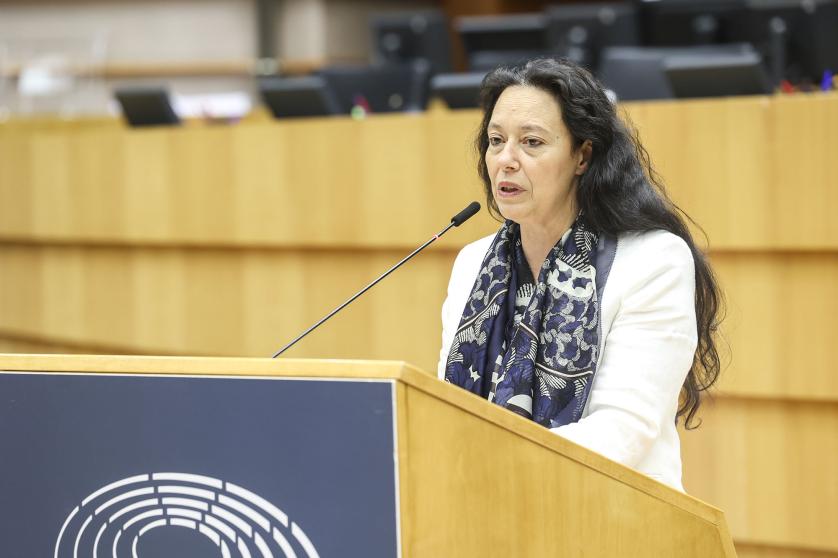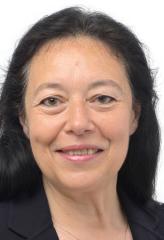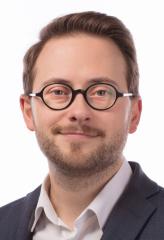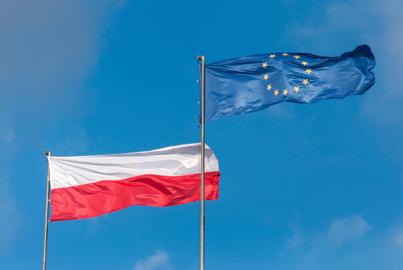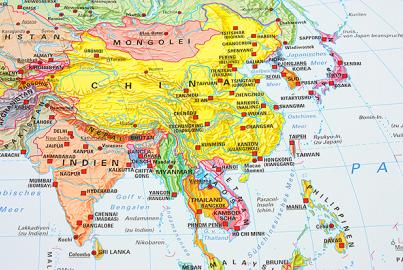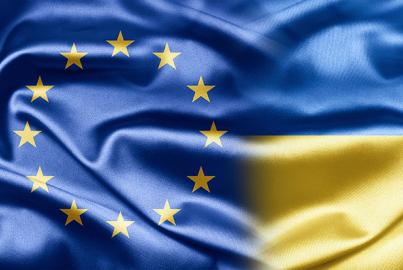European Parliament Mission to Ukraine. Isabel Wiseler-Lima took part in the mission of the Subcommittee on Human Rights to Kyiv and Chernihiv Oblast in Ukraine.
Other related content
Read more
Read more
Viviane Reding says "Yes But" to TiSA
12.10.2015
Read more
Read more
Read more
Read more
Gahler: Wahl in Ostukraine ermöglichen
15.05.20146 / 50
